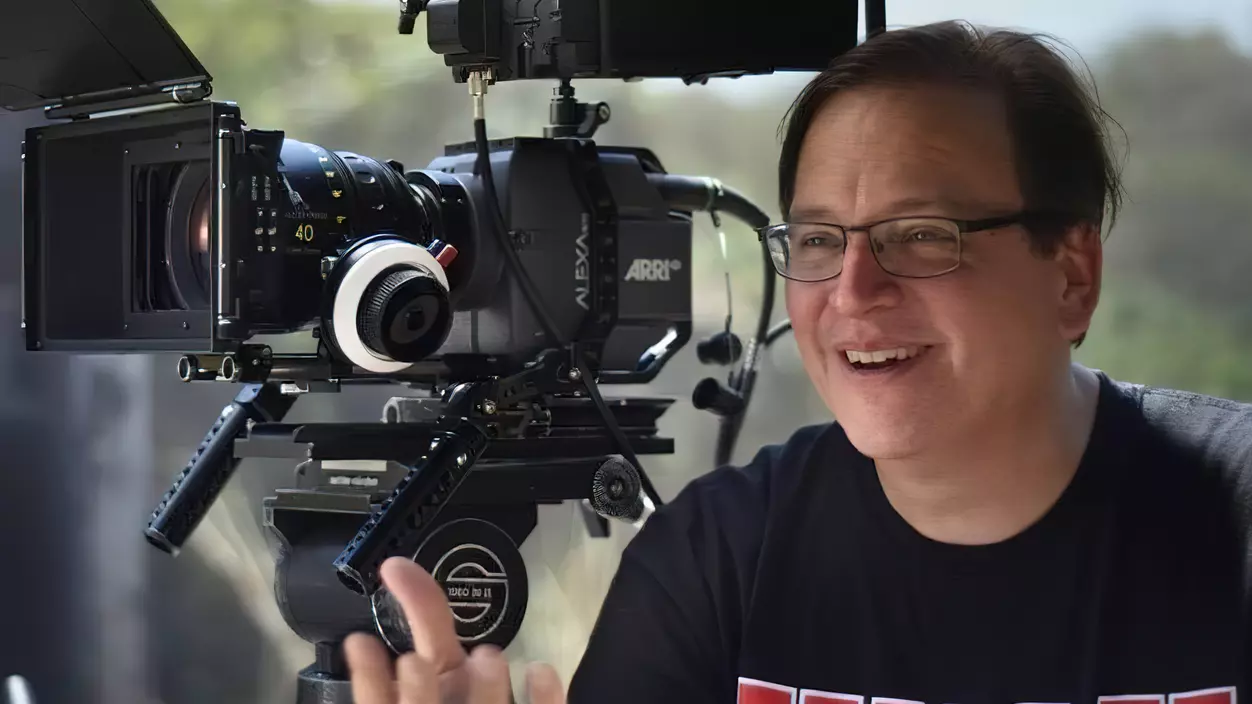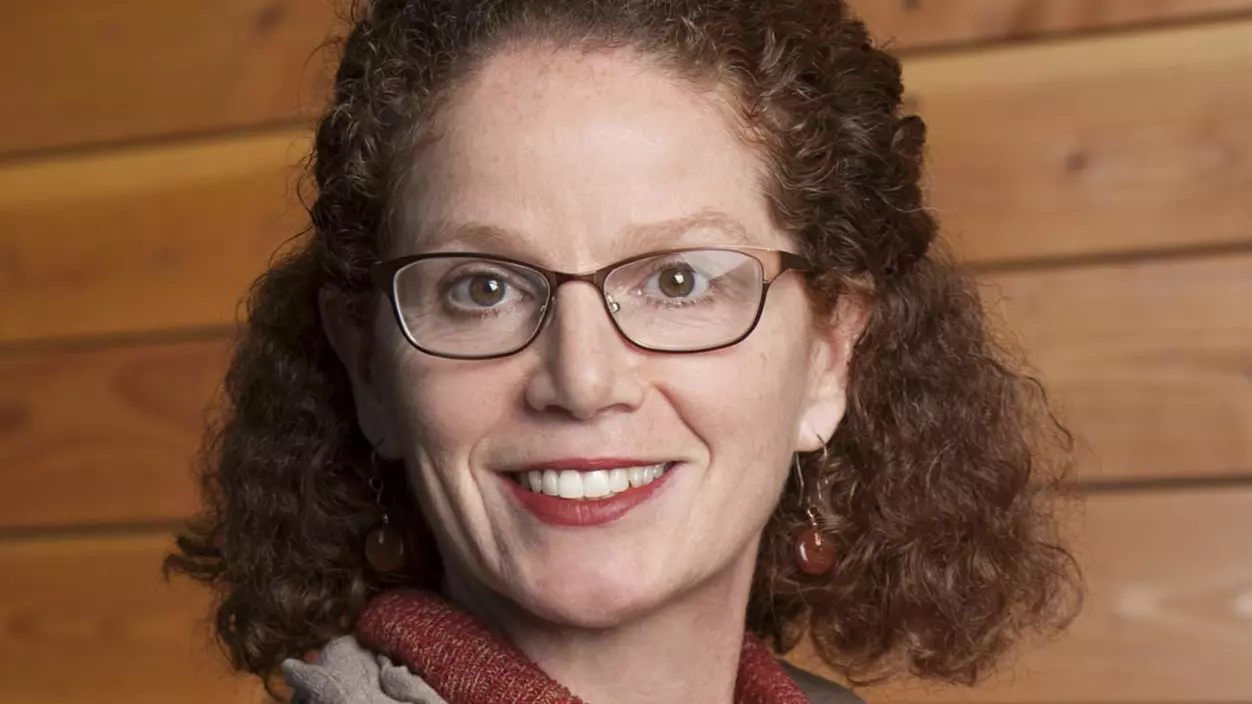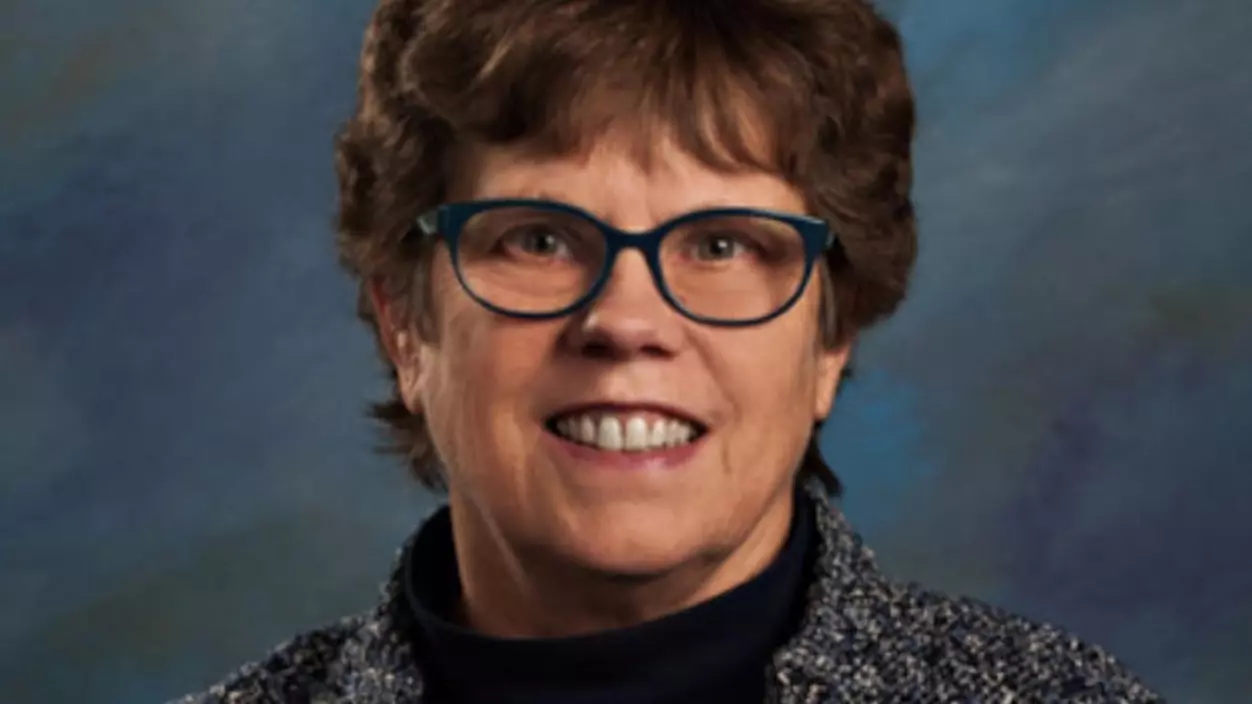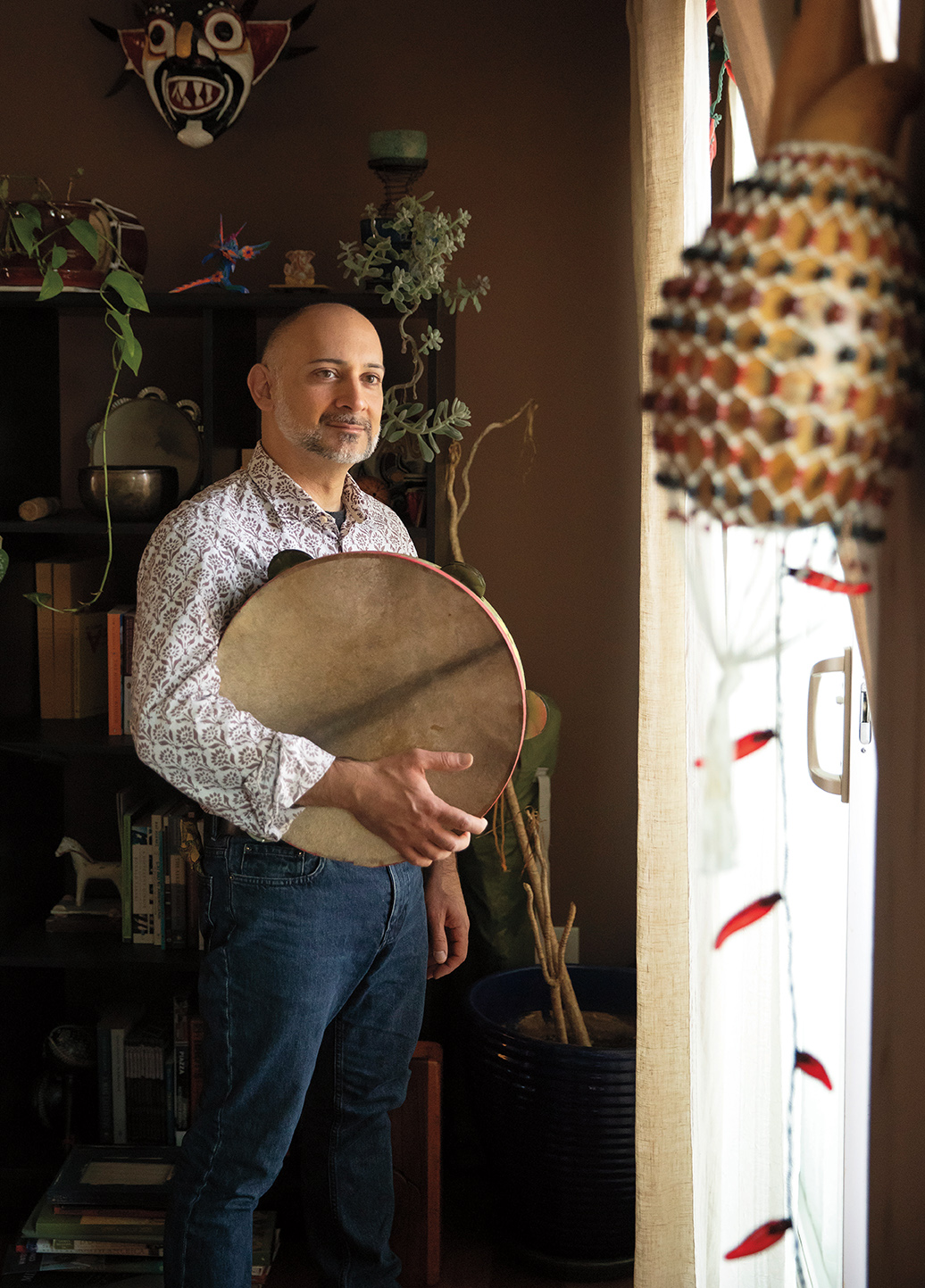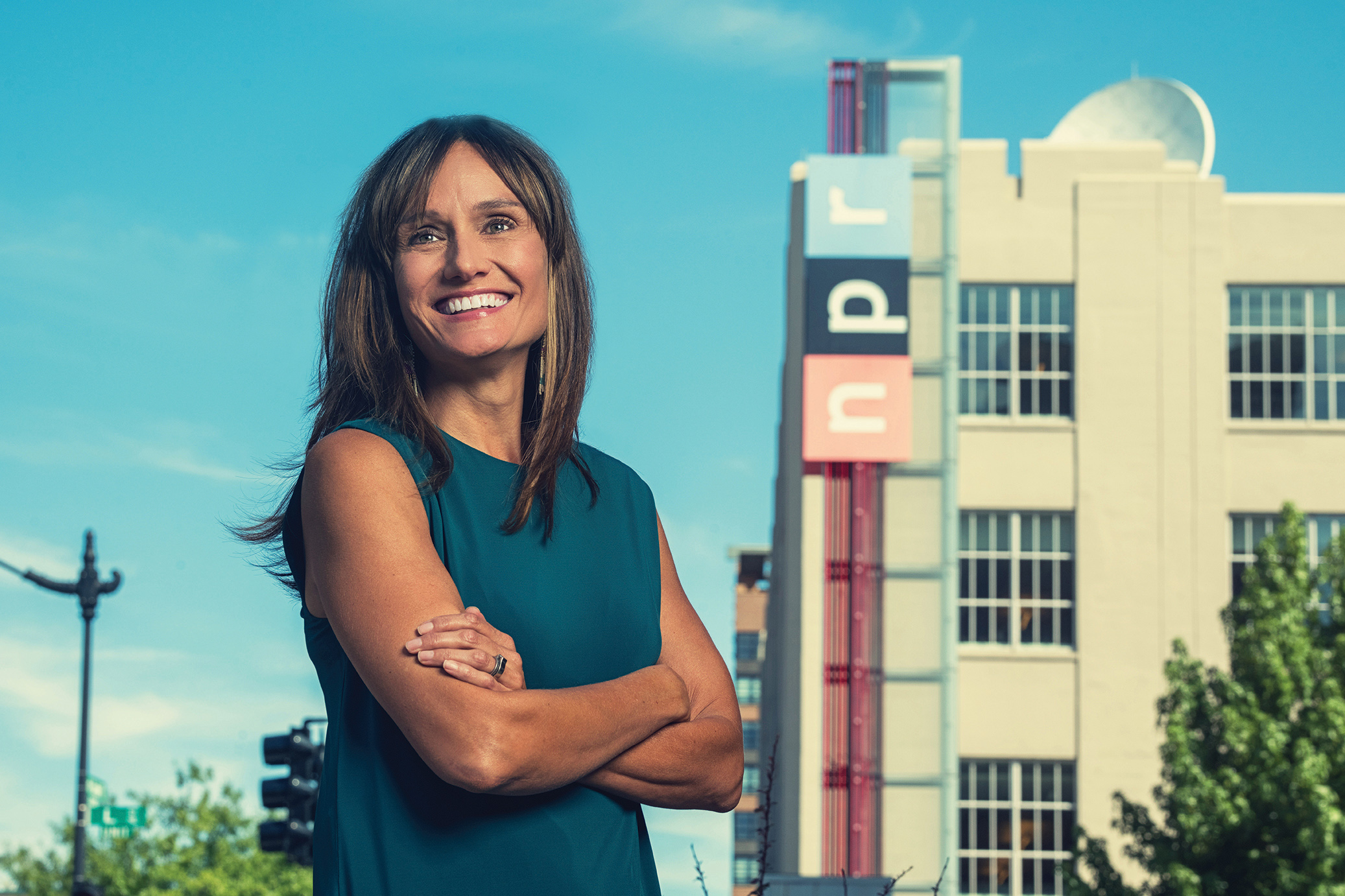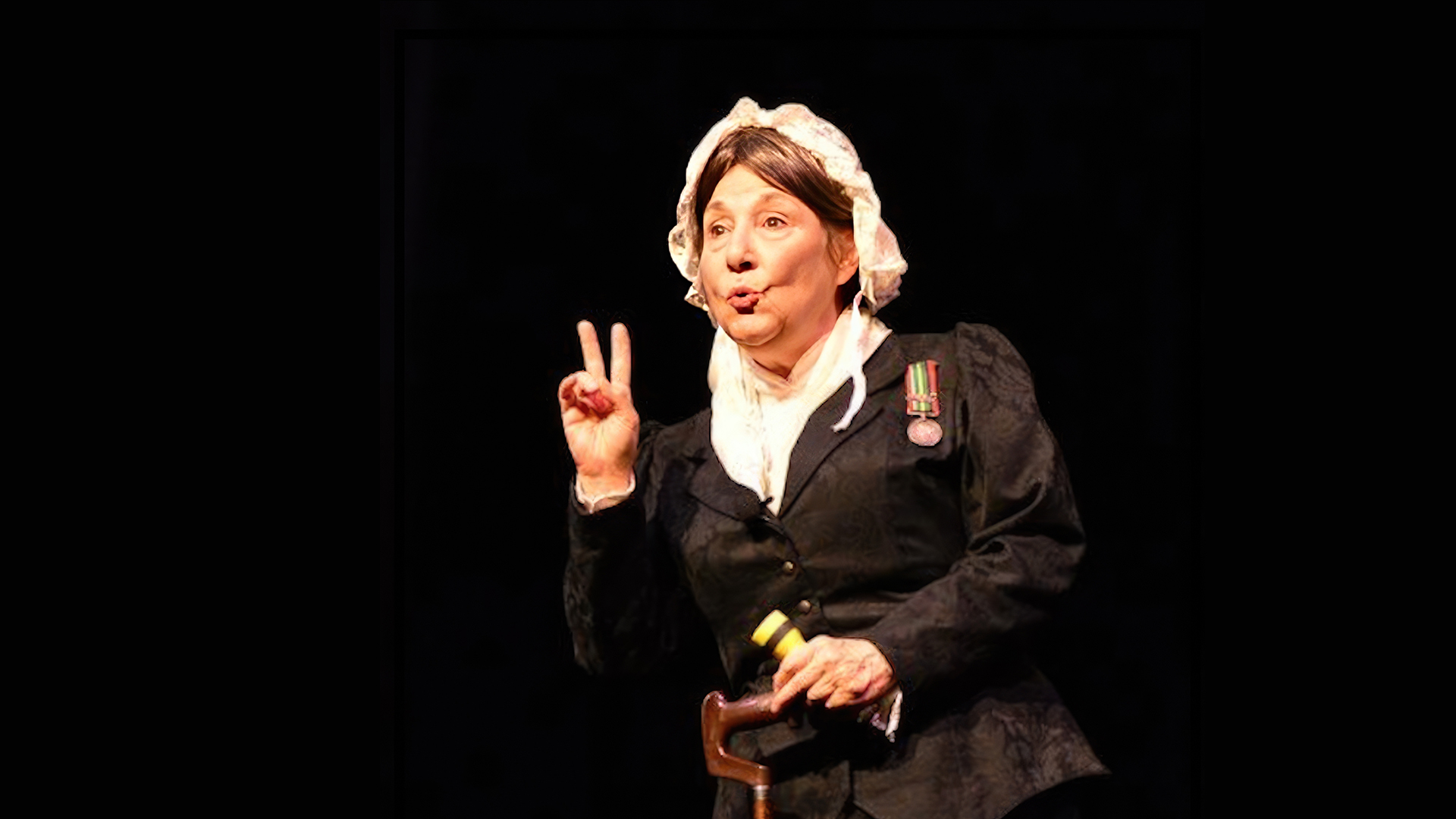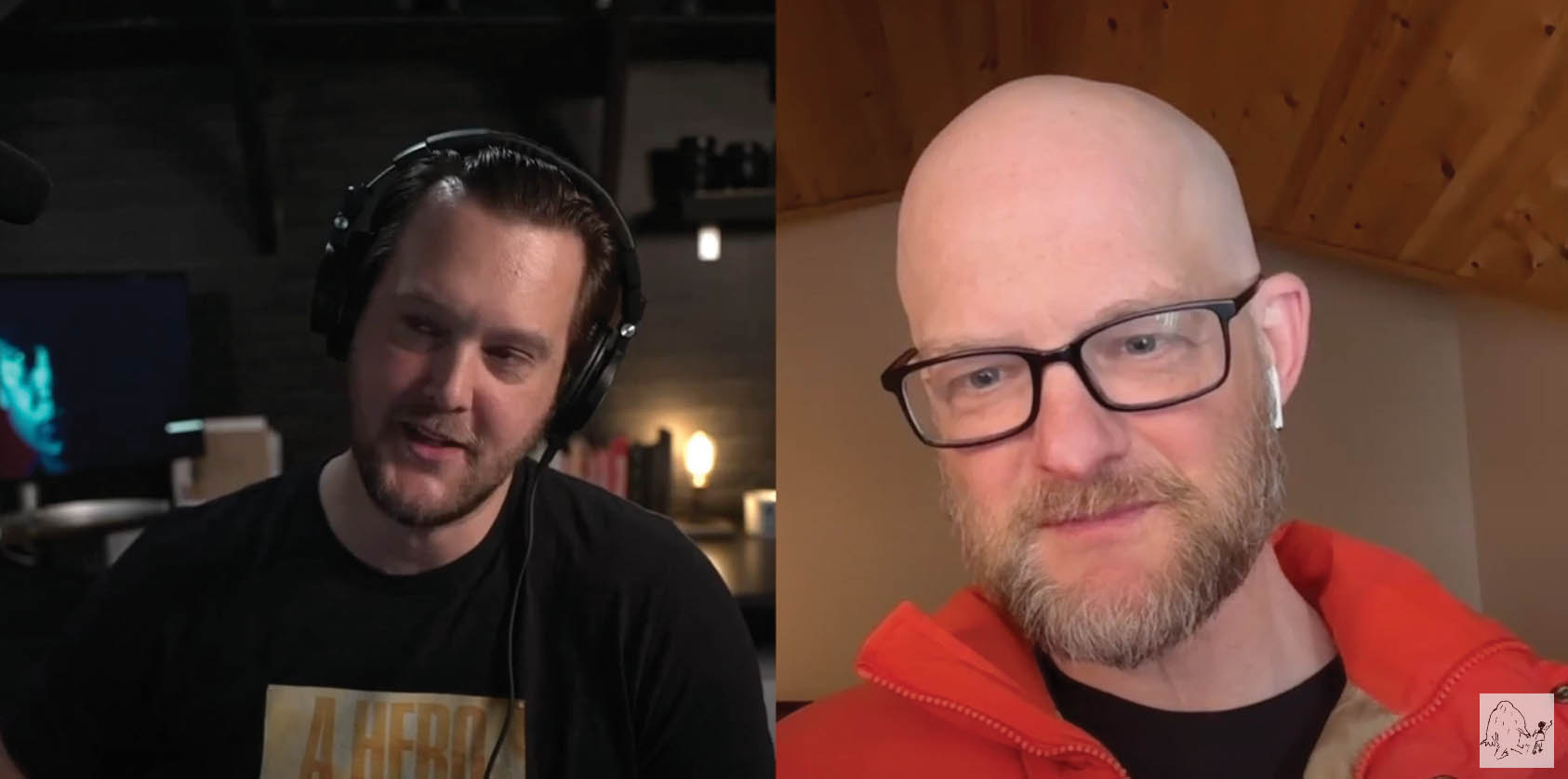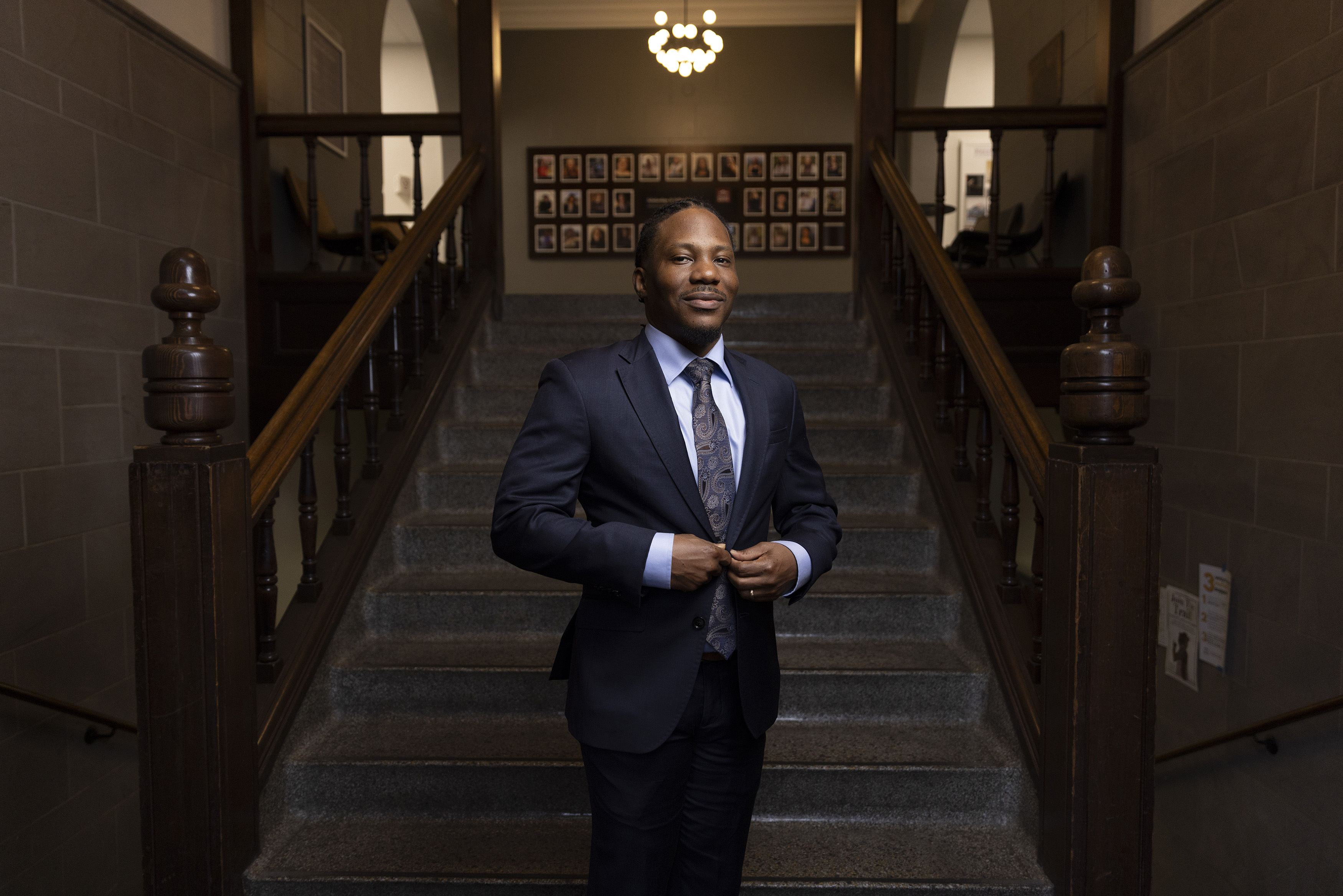Growing up the child of divorced parents in El Salvador, Menéndez dabbled in magic tricks (a hobby of several legendary directors, including George Méliès, Orson Welles, and Ingmar Bergman). One day, his father brought home a Super 8 movie camera and shot footage of Menéndez performing his feats, creating the illusion of objects disappearing and reappearing. When Menéndez watched the result, he was awestruck. “I was like, ‘Screw magic, this thing is magic,’” he says. Soon, he and his father were going to the cinema on a weekly basis, and Menéndez was shooting films of his own to screen for his dad. He also frequently attended plays with his mother, a theater buff.
Adolescence during a civil war and a conservative regime in El Salvador was difficult. Menéndez recalls having to stay at high school parties until the next morning because of the nationwide curfew. Following a coup in 1979, half of his graduating class fled the country.
After high school, Menéndez went on to major in theater at Puget Sound. He fondly recalls his “transformative” study abroad in London, dining on newsprint-wrapped fish and chips and watching as many plays and films as he could. During a Winterim session, he taught a film course in which he and 16 other students, including future producer R. Charles Lake ’87, watched and made films, culminating in the “Cans Film Festival” (“as in garbage cans,” he says).
In 1984, Menéndez left college to return to El Salvador; there, he covered the war as a stringer for TIME magazine and liaison for CBS News correspondent Jane Wallace. After returning to Puget Sound and being named Outstanding Graduate of the Year, he pursued an MFA in film and video at California Institute of the Arts. He returned to Puget Sound in 1988 to shoot his feature-length thesis film, Backstage, the story of a love triangle set behind a production of The Importance of Being Earnest in a fictional Northwest liberal arts university.
Menéndez joined the University of Nevada Las Vegas faculty as a film professor in 1990. During the pandemic, he pioneered a workflow to train directors and execute finished scenes on Zoom. In 2020, he became the first academic in North America to win the prestigious Teaching Award from CILECT, the global association of elite film schools.
As for that childhood viewing of The Wizard of Oz, it taught him an important lesson that he’s passed on to his two daughters, who are budding storytellers themselves. Sometimes they get scared watching films, but he gently advises them to immerse themselves in the experience.
“I go, ‘Yeah, wait until you break on through into the other side,’” he says. “Then it becomes transcendent—almost like church.”
